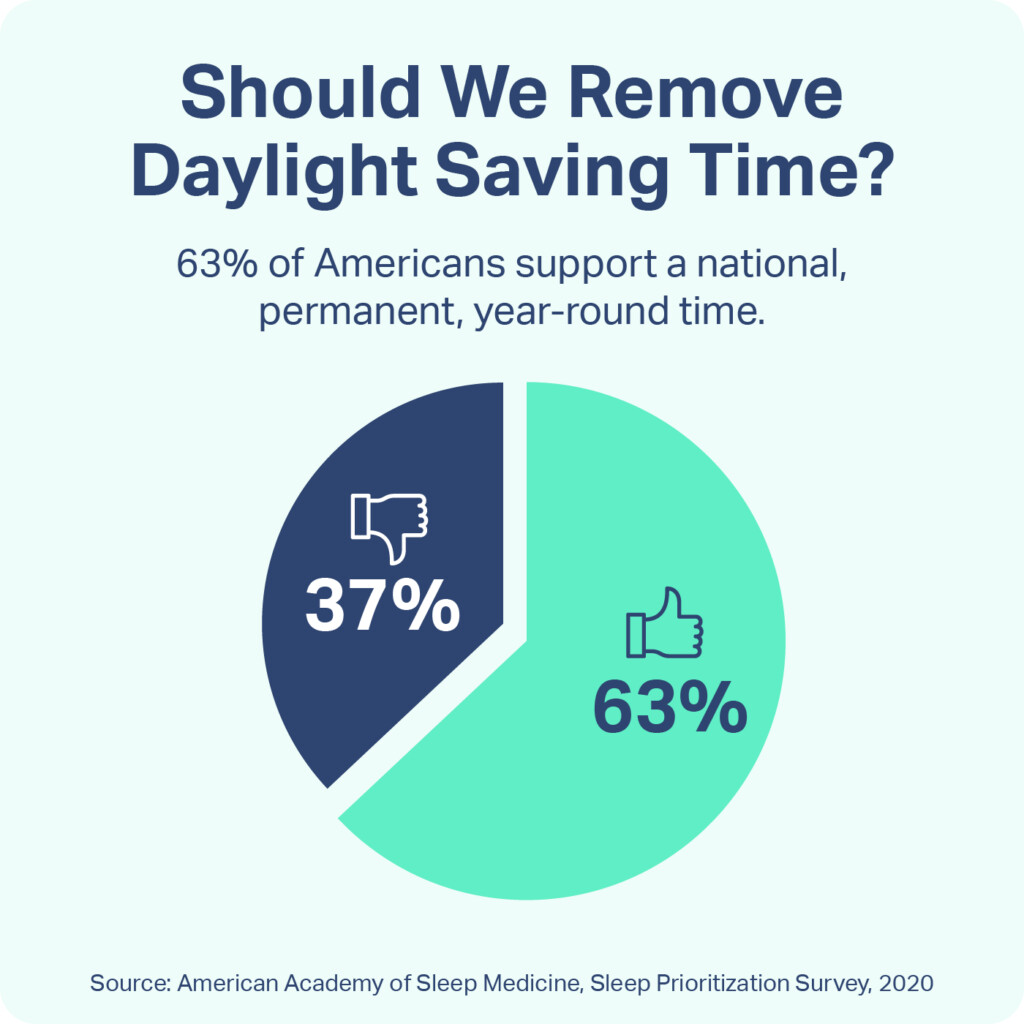Should Daylight Saving Time Be Abolished?
Feb 25, 2025
Daylight Saving Time (DST) has been a topic of debate for decades. While it was originally implemented to make better use of natural daylight and conserve energy, many people and policymakers are now questioning its effectiveness. The United States has recently reignited this discussion, with former President Donald Trump advocating for its abolition. But is getting rid of DST the right decision? Let’s examine the pros and cons of this time adjustment and the latest research on its impact.
The Benefits of Daylight Saving Time
Energy Conservation – One of the main reasons DST was introduced was to reduce energy consumption. By extending daylight hours in the evening, people rely less on artificial lighting, potentially lowering electricity usage.
Economic Benefits – With more daylight in the evening, businesses such as retail stores and restaurants tend to see increased customer activity, boosting the economy.
Health and Well-being – More daylight in the evening encourages outdoor activities, leading to improved physical and mental health. People have more opportunities for exercise and social interactions after work.
Crime Reduction – Studies have shown that crime rates tend to drop during DST. Criminal activity, particularly violent crimes and burglaries, is often lower when there is more natural light in the evening.
The Downsides of Daylight Saving Time
Disrupted Sleep Patterns – The transition into and out of DST can disrupt people’s circadian rhythms, leading to sleep deprivation and potential health issues such as increased risks of heart attacks and strokes.
Workplace and Traffic Accidents – The sudden shift in time can lead to decreased alertness, resulting in higher rates of workplace injuries and traffic accidents, particularly in the days following the time change.
Limited Energy Savings – Modern research suggests that DST’s energy-saving benefits may be minimal, as increased air conditioning use in the evening and morning heating needs in colder months may offset any savings from reduced lighting usage.
Inconvenience and Confusion – Changing the clocks twice a year can be an inconvenience for businesses and individuals, leading to scheduling confusion and inefficiencies.
Trump’s Push to Eliminate Daylight Saving Time
In recent years, the movement to abolish DST has gained traction in the U.S., with former President Donald Trump expressing support for eliminating the time change. The primary reasons behind this push include reducing the negative health impacts associated with clock changes, decreasing economic disruptions, and addressing the growing belief that the practice is outdated and no longer serves its original purpose.
Recent Research: Can More Evening Sunlight Save Lives?
A study published last year found that having an extra hour of daylight in the evening could significantly reduce traffic collisions, potentially saving the U.S. economy $1.2 billion annually. According to Steve Calandrillo, a professor at the University of Washington School of Law who specializes in the economics of DST, “Darkness kills.” The research suggests that roads are safer when more driving occurs in daylight, as visibility improves and accident risks decline.
Why Are We Still Changing the Clocks?
Most of the world does fine without the need to bend time to their will two times a year—daylight saving time is a curiously Western phenomenon, largely practiced in Europe and North America (as well as parts of the Middle East, some Australian states, New Zealand, Chile, and Paraguay). It’s also broadly unpopular—61 percent of Americans would get rid of it, according to a 2022 survey. The reasons for its existence—something to do with farmers?—are no longer relevant for the majority of the population.
Much like this article, its persistence is a sign of a wider malaise. Despite repeated expert advice to abolish daylight saving time, lawmakers are too ineffectual or distracted to get rid of it. Maybe one day they’ll get there. Or maybe we’ll adopt a single universal time zone, or move to metric time, or hyperlocal time, or Martian time. Maybe all our physical clocks will eventually be replaced with internet-connected ones that automatically update themselves. Maybe we’ll become beings of pure energy, moving outside time and space.
The debate over DST is far from settled. While it offers economic and social benefits, its drawbacks, including health risks and limited energy savings, have led many to question its necessity. With emerging research highlighting the potential safety benefits of extended daylight in the evening, the discussion is likely to continue. Whether DST stays or goes, it is clear that any decision should be based on scientific evidence and societal well-being rather than mere tradition.
Read More
